Russian Deputy Foreign Minister Andrei Rudenko held talks in Beijing on June 25 following the Wagner mercenary group's mutiny, the most serious challenge to President Vladimir Putin's authority since he came to power in 2000.
Mr. Rudenko exchanged views with Chinese Foreign Minister Qin Gang on China-Russia relations, as well as international and regional issues of mutual concern, the Chinese Foreign Ministry said.
“As a friendly neighbor and comprehensive strategic partner in the new era, China supports Russia in maintaining national stability and achieving development and prosperity,” the ministry said, without explicitly mentioning Putin personally.
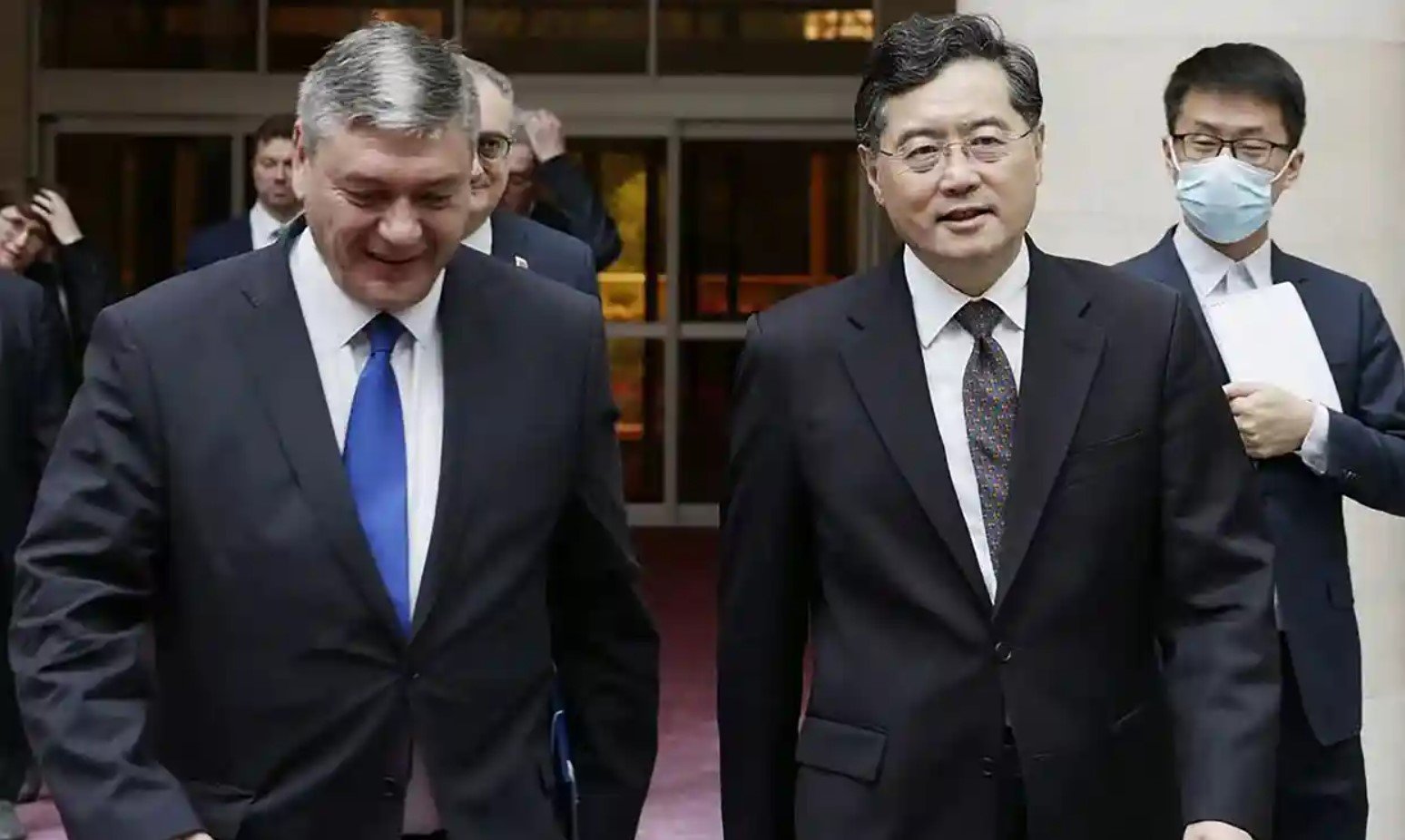
Russian Deputy Foreign Minister Andrey Rudenko and Chinese Foreign Minister Qin Gang met in Beijing after the uprising sparked by Wagner tycoon Yevgeny Prigozhin. Photo: The Guardian
China initially did not comment on the riot, which Mr Putin said threatened Russia’s existence. However, the country’s foreign ministry later issued a statement, saying the Wagner Group incident was Russia’s “internal affair”.
The ministry also announced Mr. Rudenko’s second meeting with Deputy Minister Ma Zhaoxu, in which the two sides reaffirmed that Russia-China relations are “at their best in history.” They did not mention any discussion of the uprising in Russia.
It is unclear when Mr. Rudenko arrived in Beijing, or whether his visit to China, a key Russian ally, was in response to the apparent uprising led by mercenary leader Yevgeny Prigozhin.
The mutiny was called off on June 24, after a deal was struck that spared Wagner’s mercenaries from facing criminal charges. In return, Prigozhin ordered the fighters to return to their bases and move to Belarus.
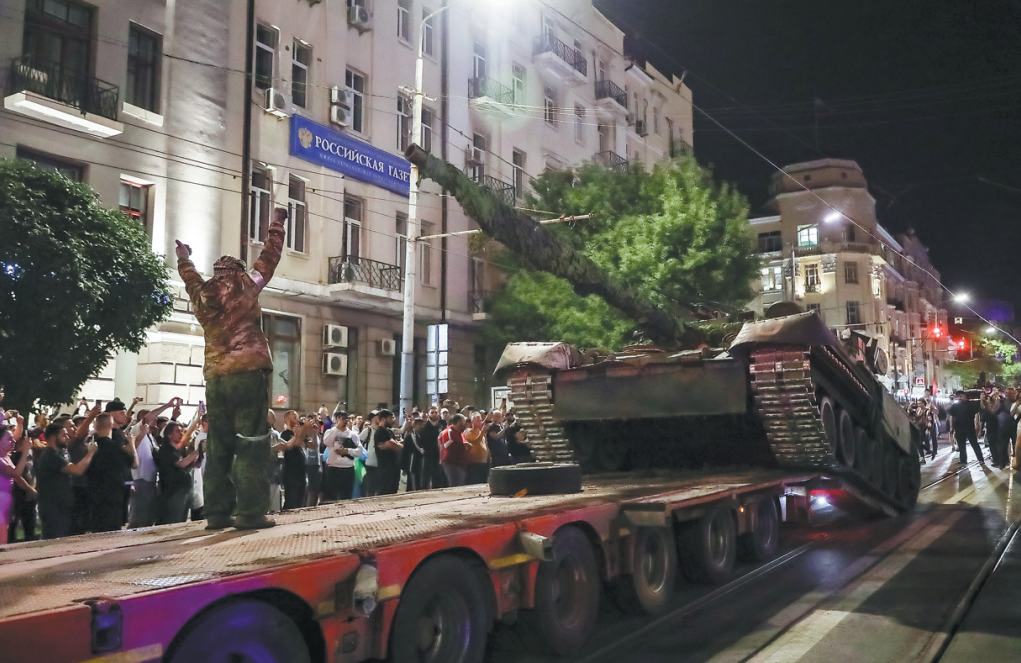
Members of the Wagner mercenary group load a tank onto a truck on a street in Rostov-on-Don, Russia, on June 24 before leaving the headquarters of the country's Southern Military District. Photo: China Daily
The Global Times said on June 24 that exaggerating Prigozhin's "mutiny" and creating the illusion of a Russia with many internal conflicts is the latest attack by Western media, and an attempt to weaken Russian social unity.
In a nationwide television broadcast on June 24, Mr Putin spoke of “betrayal” as militia members loyal to Wagner Group chief Yevgeny Prigozhin headed north towards Moscow.
According to the Kremlin, in the deal to end the uprising late on June 25, the Russian president guaranteed that Prigozhin would be allowed to travel to Belarus and that Russian authorities would drop criminal charges of rebellion against him and the militants.
“The Chinese side expressed support for the efforts of the Russian leadership to stabilize the situation in the country in connection with the events of June 24 and reaffirmed its interest in strengthening Russia’s cohesion and further prosperity,” the Russian Foreign Ministry said in a statement on its website .
Nguyen Tuyet (According to The Guardian, Financial Times, Bloomberg)
Source


![[Photo] Closing of the 11th Conference of the 13th Central Committee of the Communist Party of Vietnam](https://vstatic.vietnam.vn/vietnam/resource/IMAGE/2025/4/12/114b57fe6e9b4814a5ddfacf6dfe5b7f)



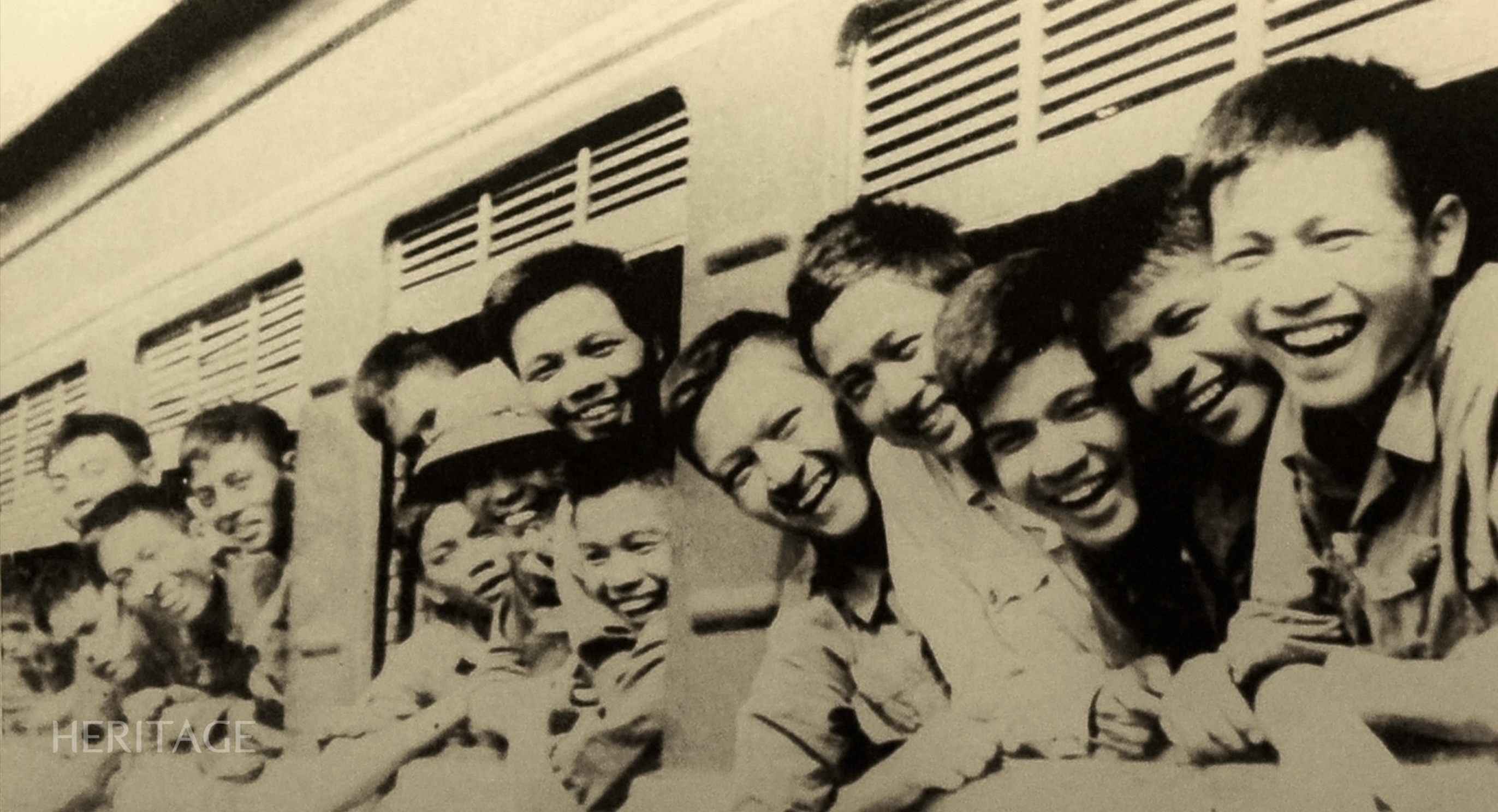





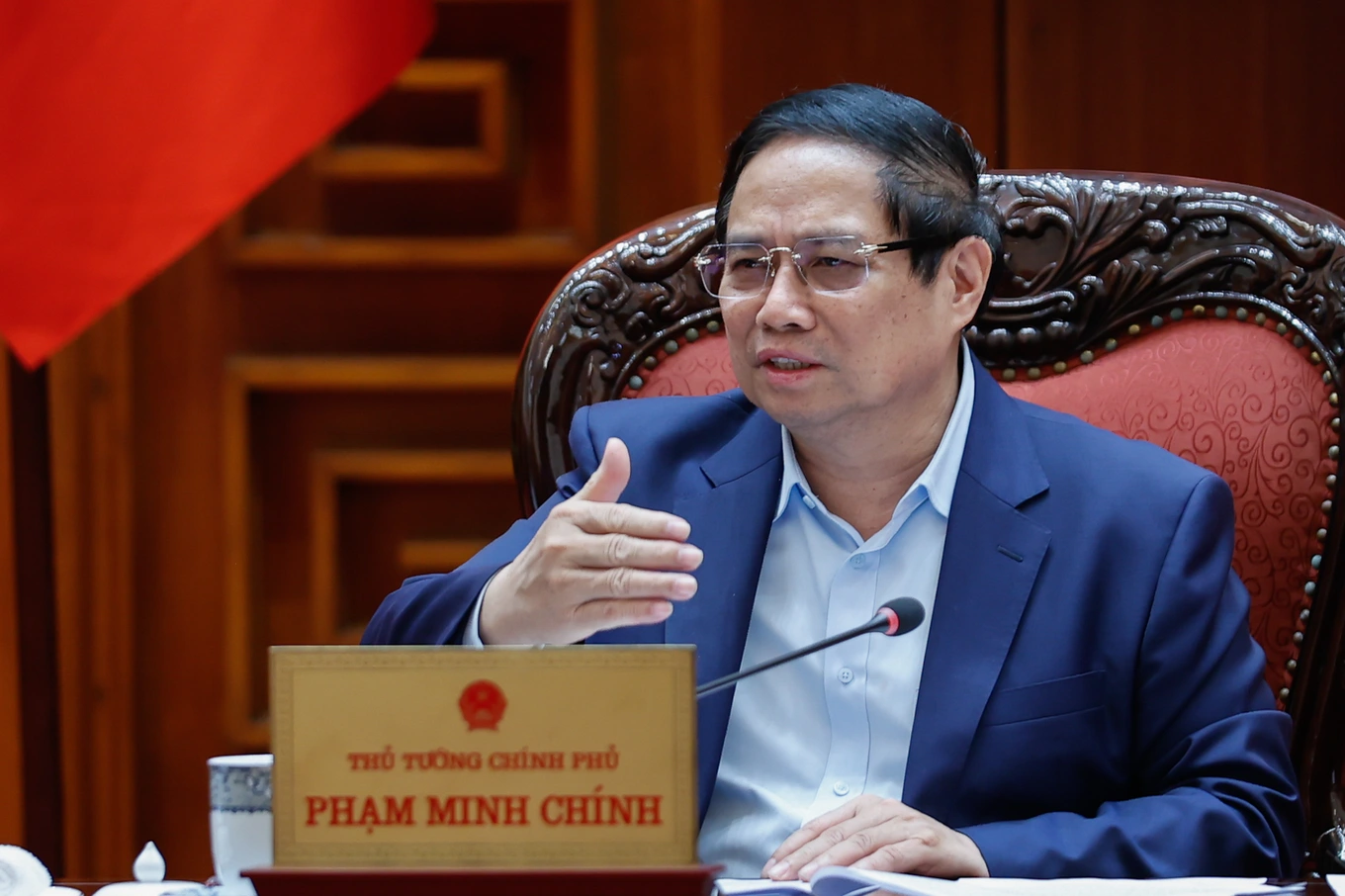

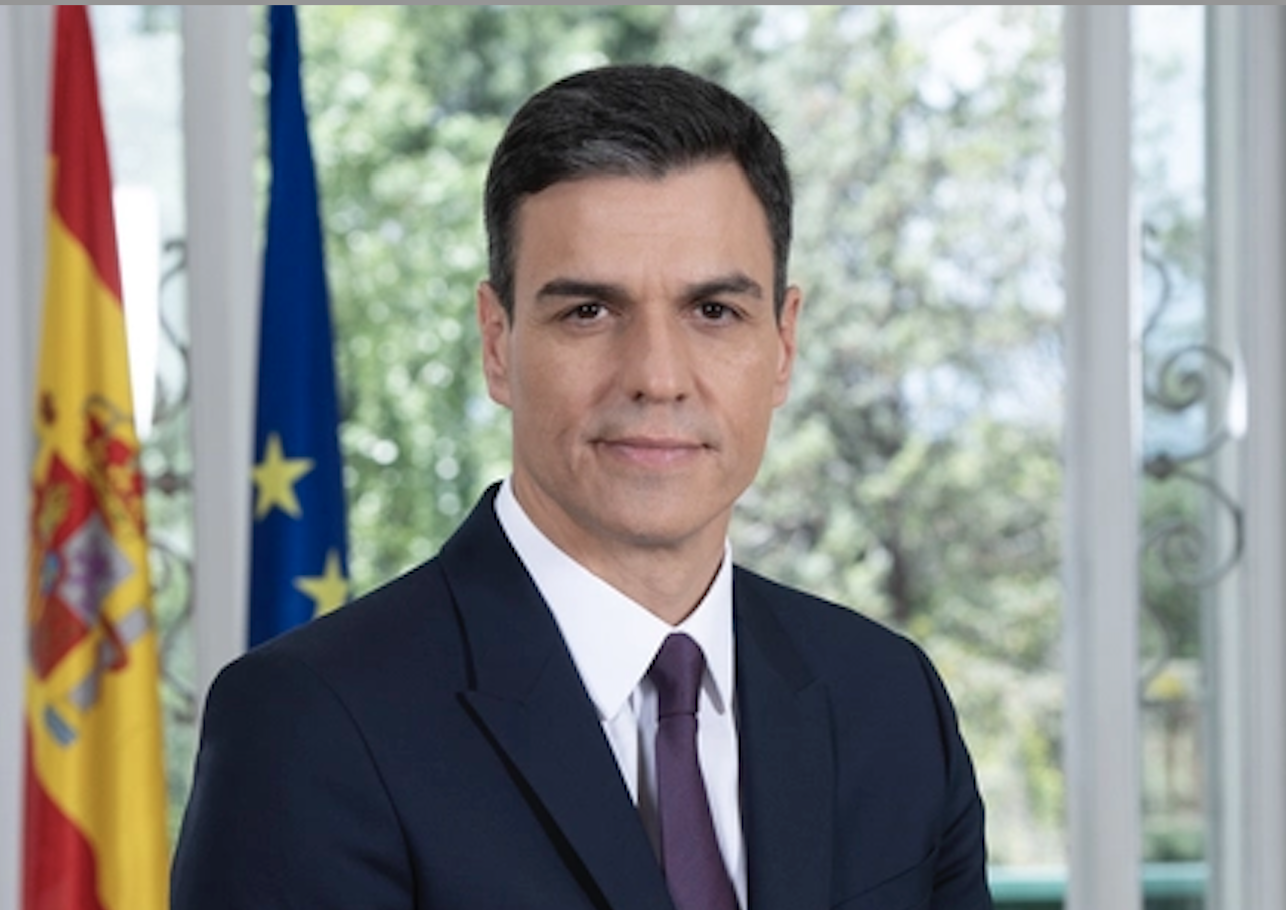


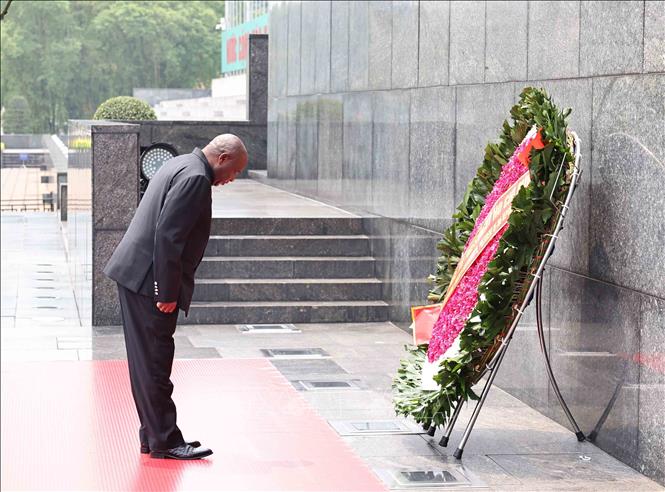

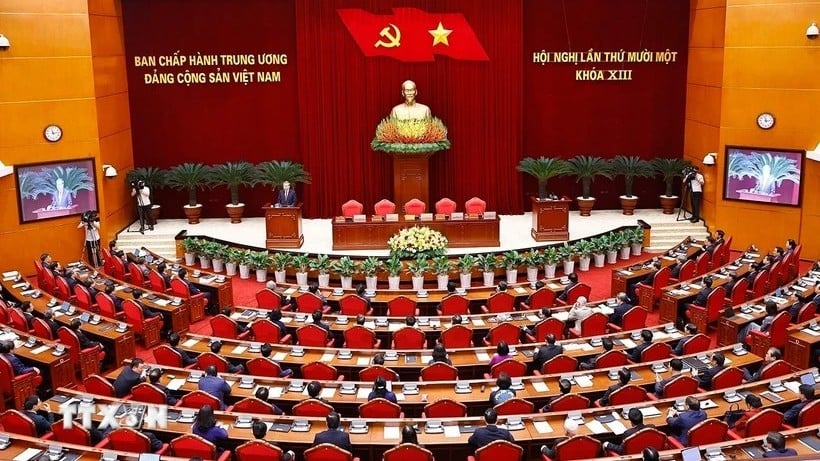















![[Photo] Overcoming all difficulties, speeding up construction progress of Hoa Binh Hydropower Plant Expansion Project](https://vstatic.vietnam.vn/vietnam/resource/IMAGE/2025/4/12/bff04b551e98484c84d74c8faa3526e0)






























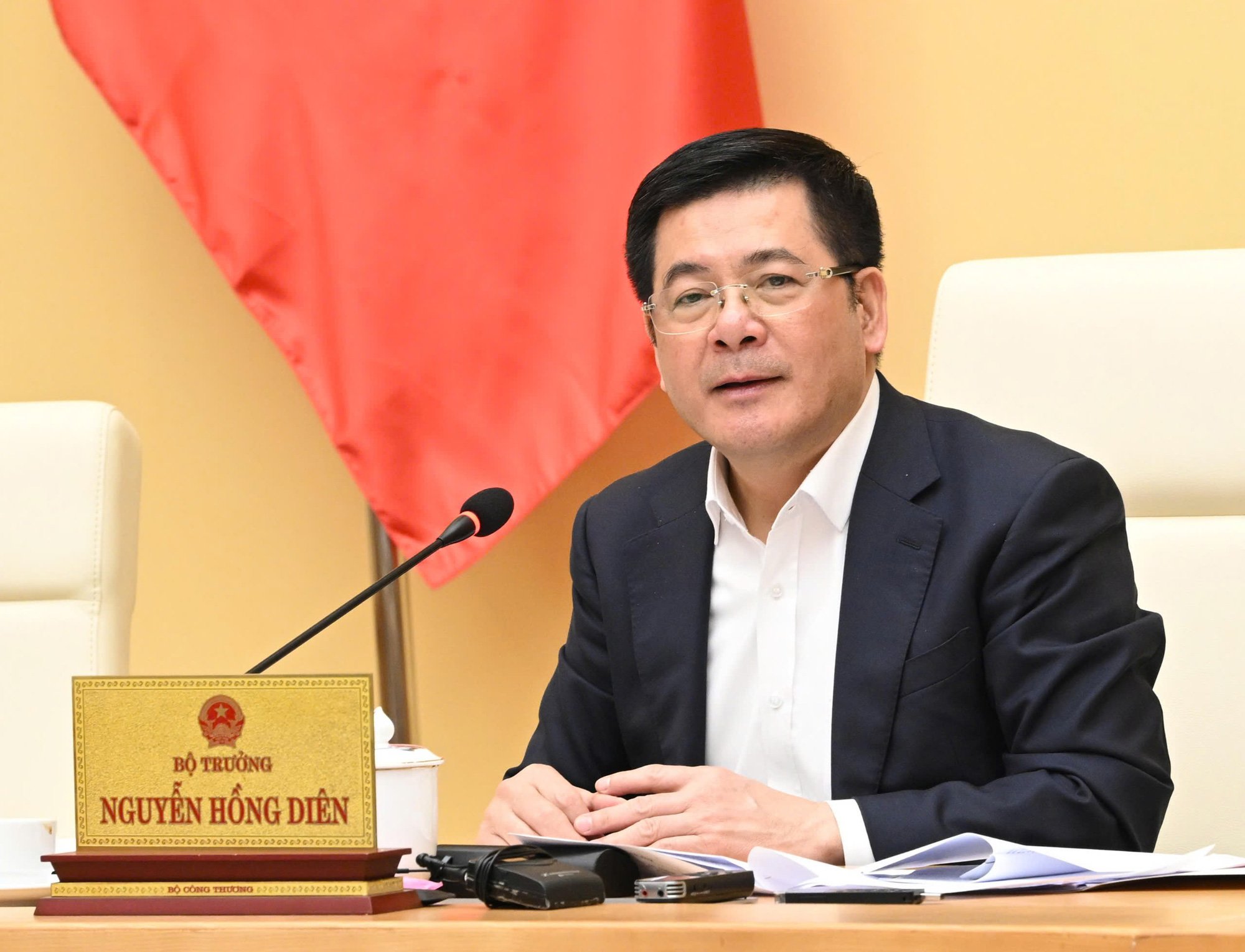
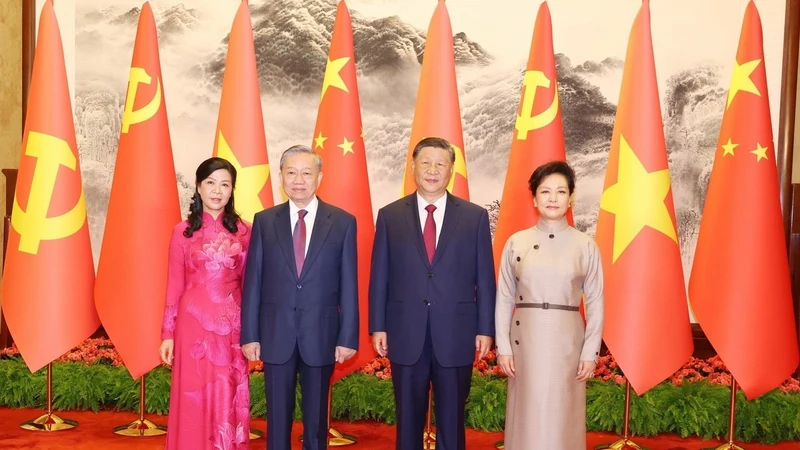











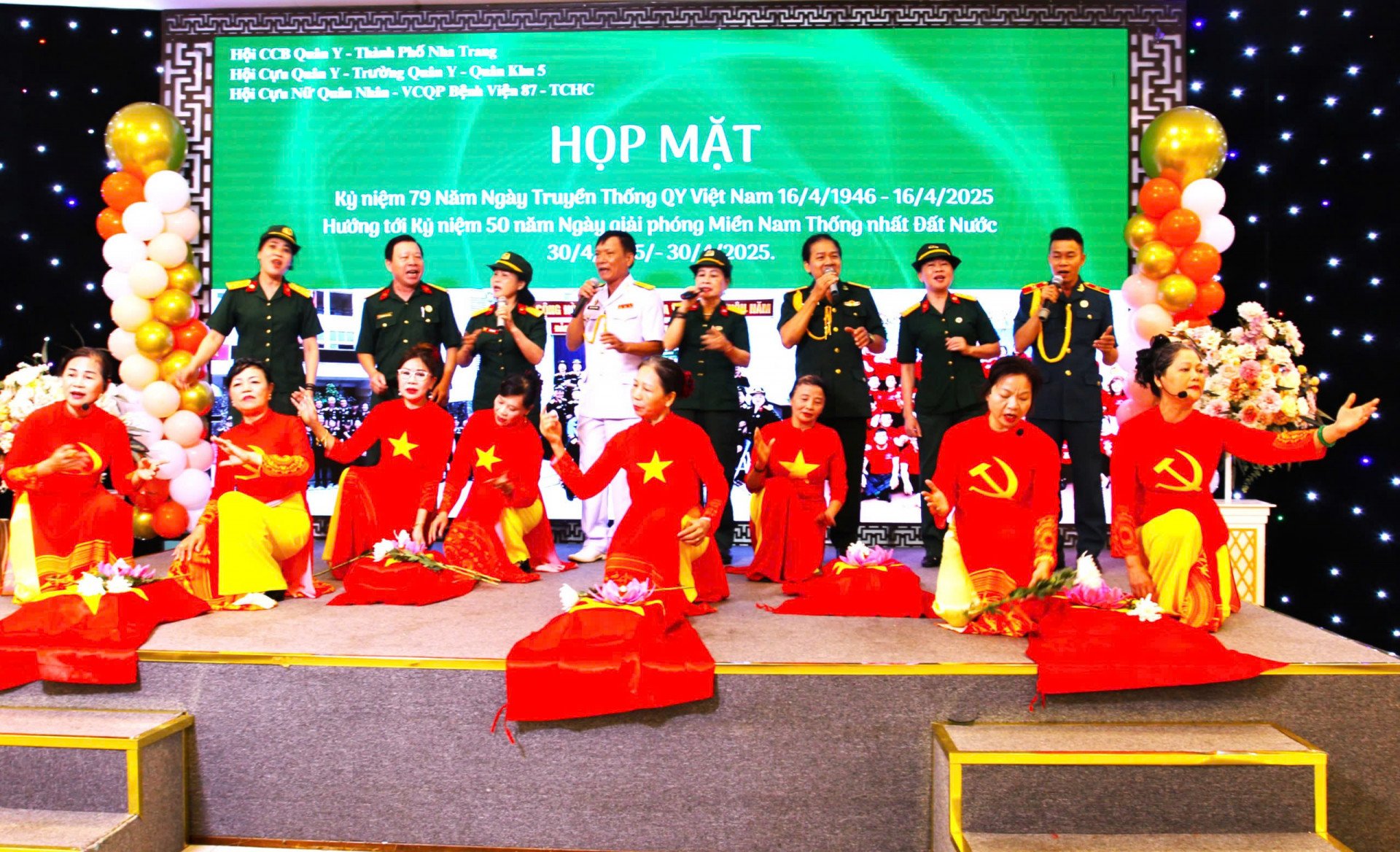

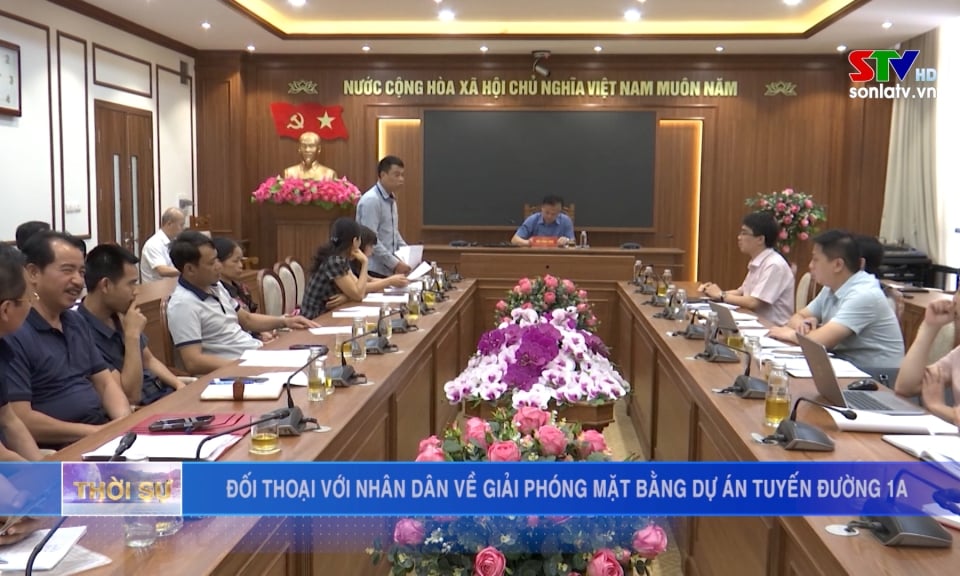


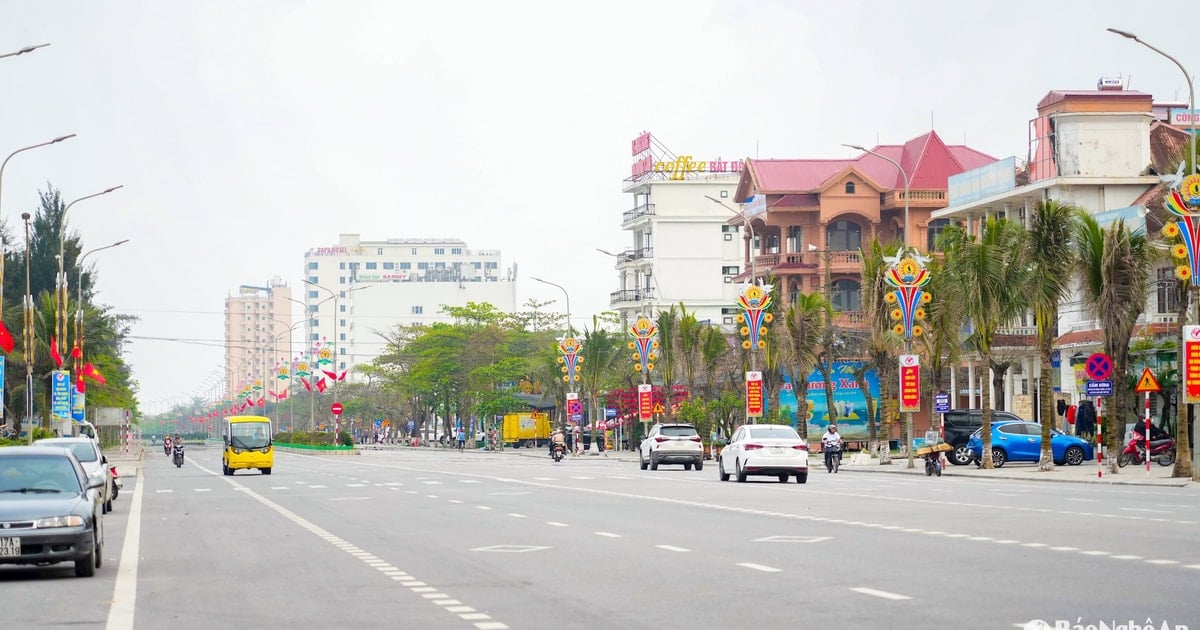

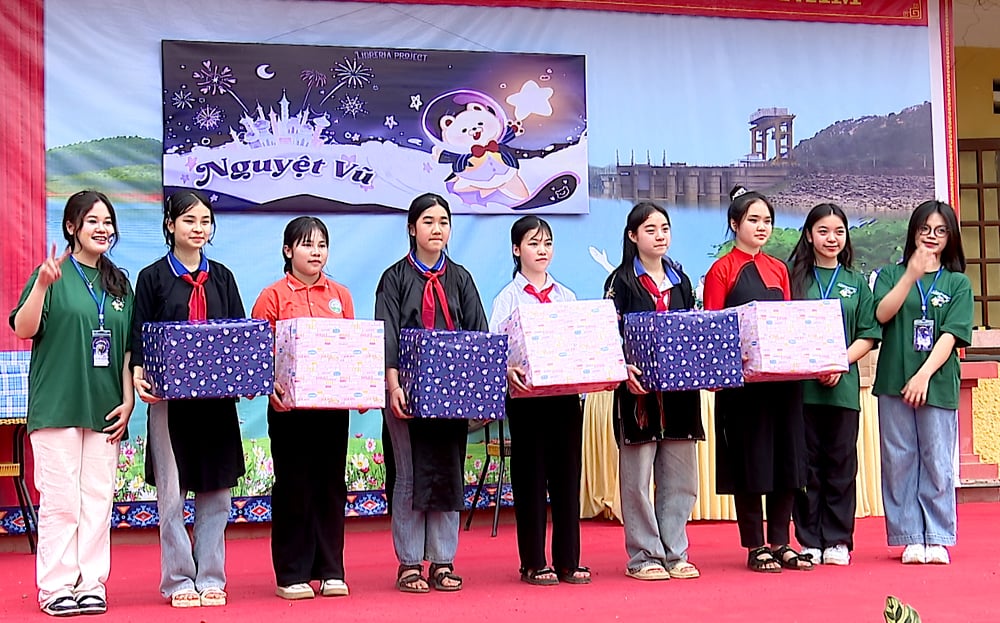










Comment (0)